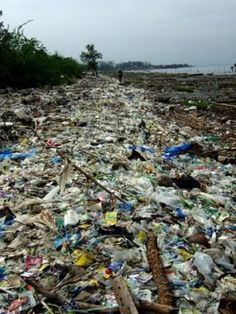he world’s largest land animal, the biggest fish, the bird with the greatest wingspan, the largest primate: all are sliding towards extinction at astounding speed.…

Central Africa

Researchers reporting in the journal Current Biology show catastrophic declines in wilderness areas around the world over the last 20 years. They demonstrate alarming losses comprising a…

Wilderness, though remote by nature, is not immune to the ravages of humanity. In fact, according to a new study in the journal Current Biology, the world's wild…
Ask a particularly extreme proponent of the free market how they see the future, and they might conjure up schools run by Coca-Cola and education…
